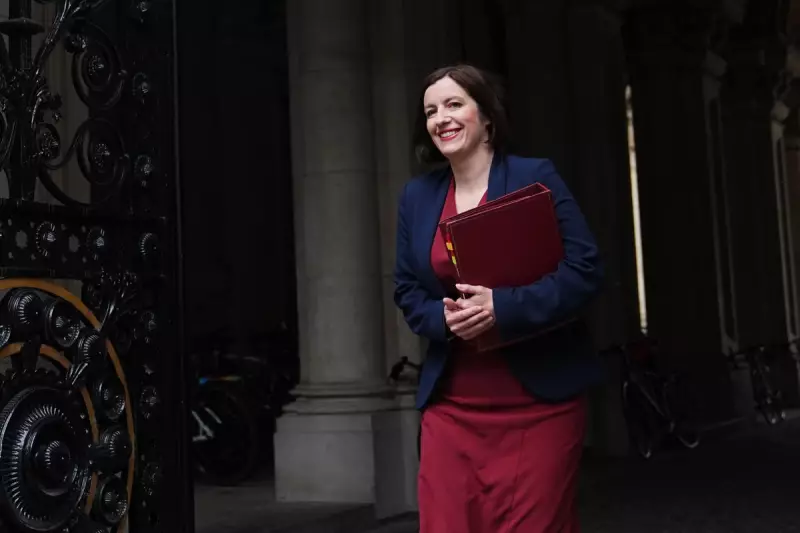
In a seismic shift for England's education system, the new Labour government has announced plans to dismantle the current schools inspection regime. Education Secretary Bridget Phillipson has declared war on Ofsted, pledging to scrap the controversial watchdog entirely.
The bold move, outlined in her first major speech since taking office, signals a definitive break from the Conservative era's education policies. Phillipson condemned Ofsted's "harsh and ineffective" single-word ratings, which have long been criticised for causing undue stress for teachers and failing to provide constructive feedback.
A New Era of School Support
In place of Ofsted, the government will establish a new body tasked with a fundamentally different mission. This successor organisation will focus on collaboration and support rather than punitive judgements.
"The time for reform is now," Phillipson stated emphatically. "We will replace a system that often leaves dedicated professionals in tears with one that works hand-in-hand with schools to drive up standards across the board."
The VAT Gambit: Funding the Future
Perhaps the most contentious part of the plan involves the withdrawal of tax exemptions for private schools. The Labour Party will follow through on its manifesto commitment to add 20% VAT to private school fees.
This controversial measure is projected to generate approximately £1.5 billion annually—funds that Phillipson promises will be directly channeled into state education. The investment aims to address critical shortages in teaching staff, infrastructure, and resources that have plagued the sector for years.
Mixed Reactions and Implementation Challenges
The announcement has predictably drawn fierce criticism from private school leaders and some Conservative voices who argue it will price middle-class families out of independent education without significantly benefiting state schools.
However, teaching unions and education experts have largely welcomed the proposals. Many have long argued that the current inspection system creates a climate of fear rather than fostering improvement.
As the Department for Education begins the complex process of designing the new inspection framework, all eyes will be on how quickly these transformative policies can be implemented and what tangible benefits they will deliver for students across England.





